Iran calls on Afghanistan to allow experts to visit dam built on Hirmand River
Iran once again calls on Afghanistan’s Taliban government to allow expert visits to a dam built on the border river of Hirmand, also known as Helmand, instead of issuing political statements.
Foreign Minister Hossein Amir-Abdollahian made the remarks during a visit to Sistan and Baluchestan Province on Thursday after the Taliban government claimed the Hirmand River does not have enough water to be shared with Iran.
Amir-Abdollahian said despite frequent calls from Iran, the Taliban government has not yet allowed Iranian experts to visit the dam.
The Helmand River, the longest watercourse in Afghanistan, rises in the Hindu Kush Mountains west of Kabul and flows in an arc southwest until it empties out into the Hamoun wetlands, located in Iran’s Sistan and Baluchestan Province.
The Iranian foreign minister said that the main criterion for confirming the lack of enough water behind the dam is technical and objective inspections by experts not issuing political statements.
He said that "a technical delegation from Iran’s Ministry of Energy and from the Afghan side should jointly visit the Kajaki Dam and measure the water situation, release the water and see whether or not this water enters the Sistan region."
Amir-Abdollahian added that “under the treaty, this is the natural right of Sistan and we are seriously pursuing this issue.”
The Taliban government also described frequent demands for the country’s water share by Iranian officials as harmful.
Earlier on Thursday, Iran’s president issued a stern warning to the Afghan government, asking Kabul to give the people of Iran's Sistan and Baluchistan province their rights.
Speaking on the sidelines of the inauguration ceremony of a number of water and electricity projects in the southeastern province of Sistan and Baluchestan, President Ebrahim Raeisi warned that Tehran will in no way tolerate a rights violation of the province’s people.
He said the right of the people of Sistan and Baluchestan to Hirmand water has been enshrined in previous treaties, and the issue is not related to a specific period.
Afghanistan has blamed climatic factors for reduced river volumes.
Raisi said that "if our experts confirm the lack of water, we have nothing else to say, otherwise we will not allow the rights of our people to be violated."
The Iranian president cautioned that Afghan authorities should take his words "seriously and not complain later."
Iran and Afghanistan have been locked in a protracted water dispute, which has prevented them from realizing the vast potential of bilateral trade ties.
At the heart of the dispute is the Hilmand River, which originates in the Hindu Kush Mountains near Kabul and flows 700 miles (1,126 kilometers) south before flowing into Hamoun wetlands, located in Iran’s Sistan and Baluchestan province.
The two countries signed a water-sharing accord on the Hilmand River in 1973, under which Afghanistan pledged to deliver an average of 820 million cubic meters of water per annum to Iran.
Iran has repeatedly criticized Afghanistan for failing to honor the agreement in letter and spirit.
What has made the dispute bitter is the construction of many hydroelectric projects on the river, most importantly the Kamal Khan Dam in Nimrouz province, and the Kajaki Dam 100 miles (160 km) northwest of Kandahar province.
Back in July, President Raeisi called for a “serious” pursuit of the country's water rights from the Hilmand River, instructing foreign and energy ministers to take up the matter as a priority.
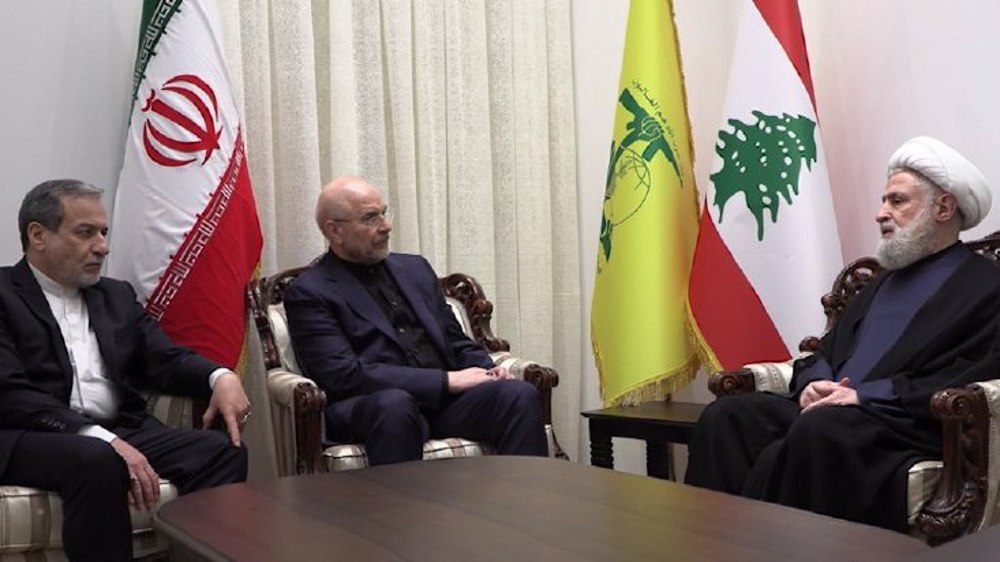
Iran’s parliament speaker, foreign minister meet Hezbollah chief in Beirut
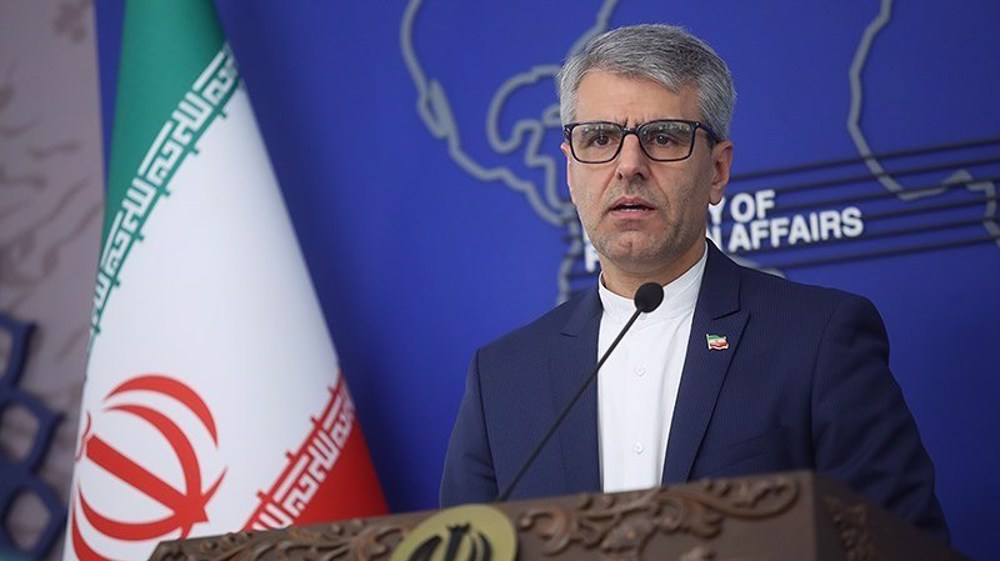
Iran: New sanctions show US 'hostility to well-being' of Iranians
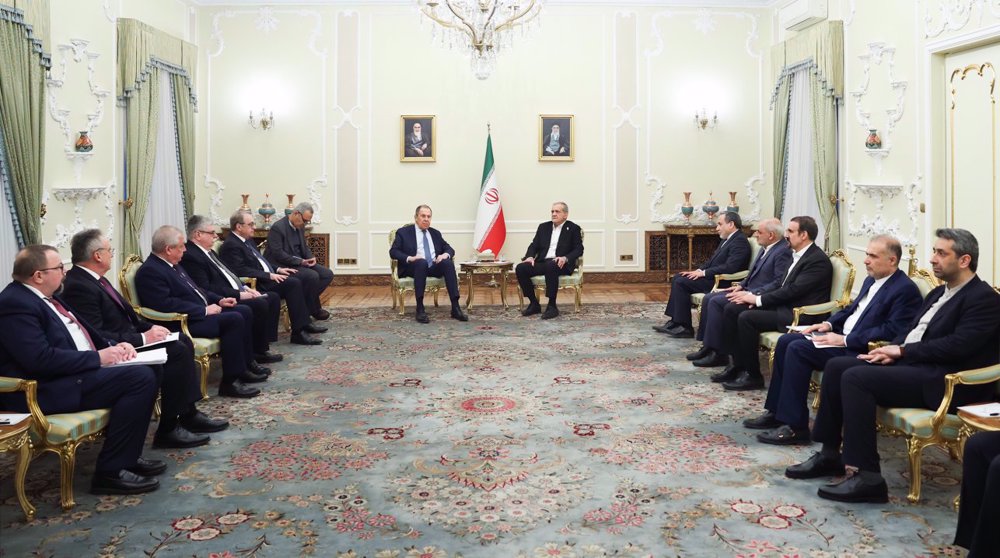
Iran’s president vows to accelerate cooperation with Russia
Iranian flotilla makes port call in India with 'friendship message'
How UK counter-terror police colluded with Zionists to detain me after Beirut trip
Biden, Blinken, Austin referred to ICC over Gaza war crimes
EU will 'do the same' if US implements tariff hikes: France
VIDEO | Press TV's news headlines
British celebrities condemn BBC removal of Gaza documentary
Iran Army acquires tactical vehicles, audio surveillance systems
VIDEO | UK police detain anti-Zionist scholar upon return from Lebanon


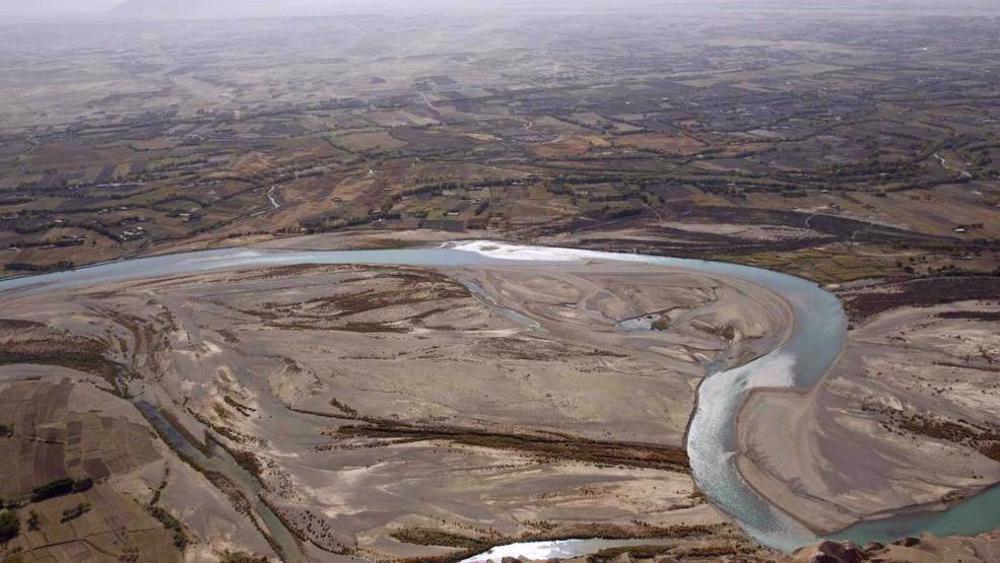
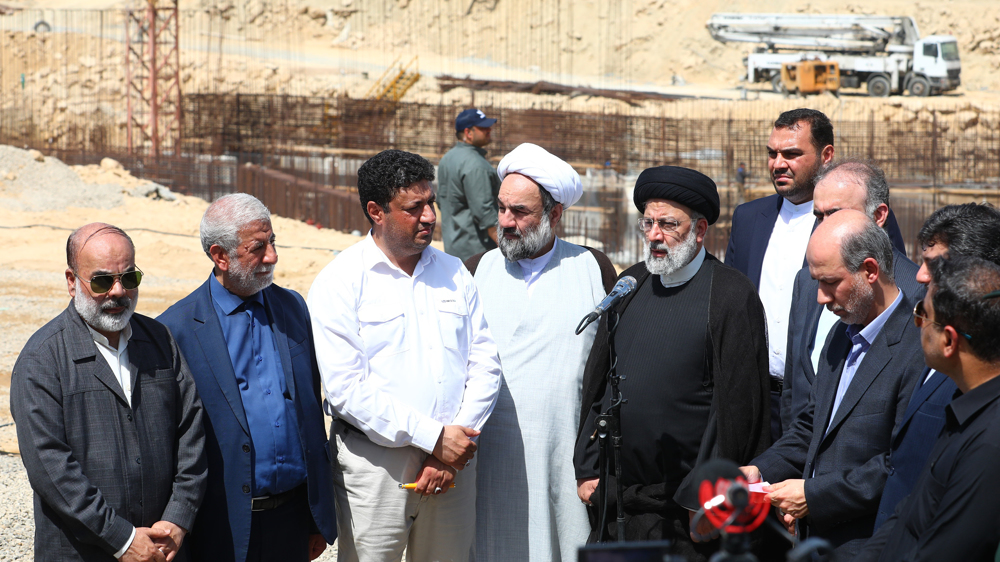
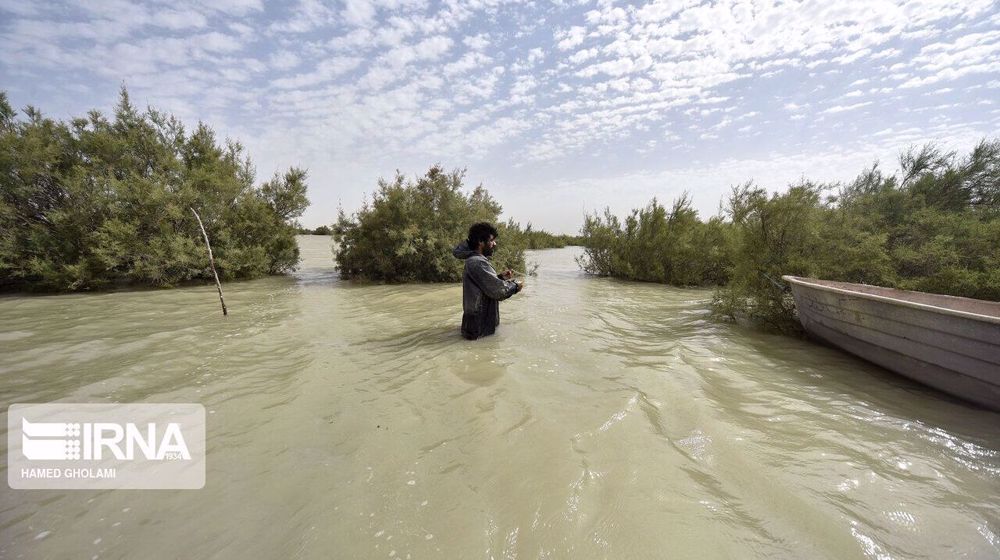




 This makes it easy to access the Press TV website
This makes it easy to access the Press TV website